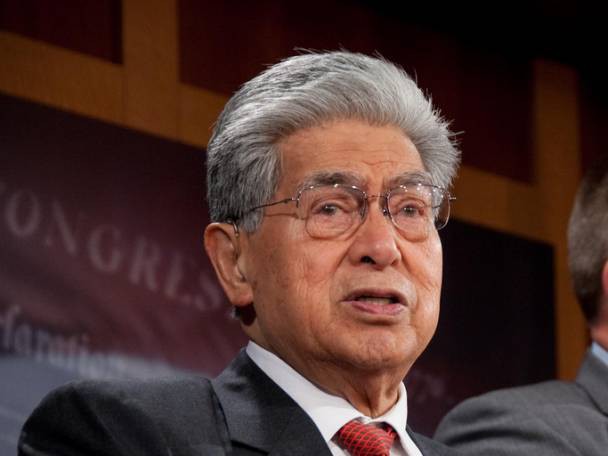

What is more advantageous for tribal interests: federal or state legislation?
I think tribal interests would be better off with legislation at the federal level, for a variety of reasons. It’s our opinion that federal legislation, particularly for smaller tribes, would be to their benefit. Federal legislation would yield larger player pools, as it is interstate. This would benefit some of the smaller tribes that may otherwise need to go state by state to achieve such liquidity. “Tribal gaming would benefit players, because we want the most competition there can be; competition drives the cost down for the consumer.” Lack of liquidity could pose serious threats to the long-term health and profitability of the game.
With states regulating online poker, some could pass legislation that shuts out tribal interests completely which is bad for tribes and for players. Tribal gaming would benefit players, because we want the most competition there can be, as competition drives the cost down for the consumer.
What sort of challenges do tribal interests face from online gaming being regulated on the state level?
Without federal legislation, it will be tough for tribes to have permission to operate their services outside their tribal land. The way they’ve been benefiting now is from the exclusivity in some areas. But now with the internet their geographical advantage would be eliminated. Federal legislation gets them into the market, as it limits the issue they have with physical location.
More worrisome to many tribal interests, some states may go forward with instant scratch card lottery tickets, which would be the functional equivalent of a slot machine. They could say that’s not “gaming,” and they wouldn’t have to offer tribal interests the opportunity to compete. States now authorize lottery tickets sales on tribal land—even if tribes object—so that could be direct competition to Indian casinos.
In addition, people may prefer to sit at home and play instant scratch off tickets over traveling to “Some states may just go forward with instant scratch card lottery tickets, which would be the functional equivalent of a slot machine. They could say that’s not 'gaming’, and they wouldn’t have to offer tribal interests the opportunity to compete. “their local Indian casino where they normally play. This would also be in direct competition to tribal offerings. Poker, on the other hand, is a social game, so online poker would be complementary to tribal gaming offerings.
From watching the Senate Committee of Indian Affairs Hearing in February, it seems that tribal interests are in favor of poker-only legislation as opposed to opening the door to all online gambling?
The PPA has been working with leaders of the tribal communities.They now realize that poker would be complementary to the games they offer. But when we first spoke to some of them they thought there was some finite amount of gaming dollars and if they’re going to online poker rooms, then the players would stop going to Indian casinos. However there’s a bigger pool—entertainment dollars.
Besides, most B&M casino don’t make much of their revenue from poker. It’s more of an amenity. They offer it because they want those people to participate in some house-baked games of chance. So when it comes to online gaming, there is a lot of potential for cross marketing with very little downside as a competitive threat.
Casinos offering online poker could provide players with incentives to visit the B&M facility, to use the benefits that were earned or accrued from online play and vice-versa. Maybe high rollers don’t want to come in every day, so they could be given something fun to do from home that would not cut into their casino action. Online poker would not impact their blackjack play in the B&M casino later on. To the contrary, marketing offers based on online play could drive B&M play.
Are tribal interests actively lobbying for federal legislation?
Some tribal interests are lobbying for it, some are opposed, and some are neutral. The general direction has been for more to come over in support of federal online poker legislation.

